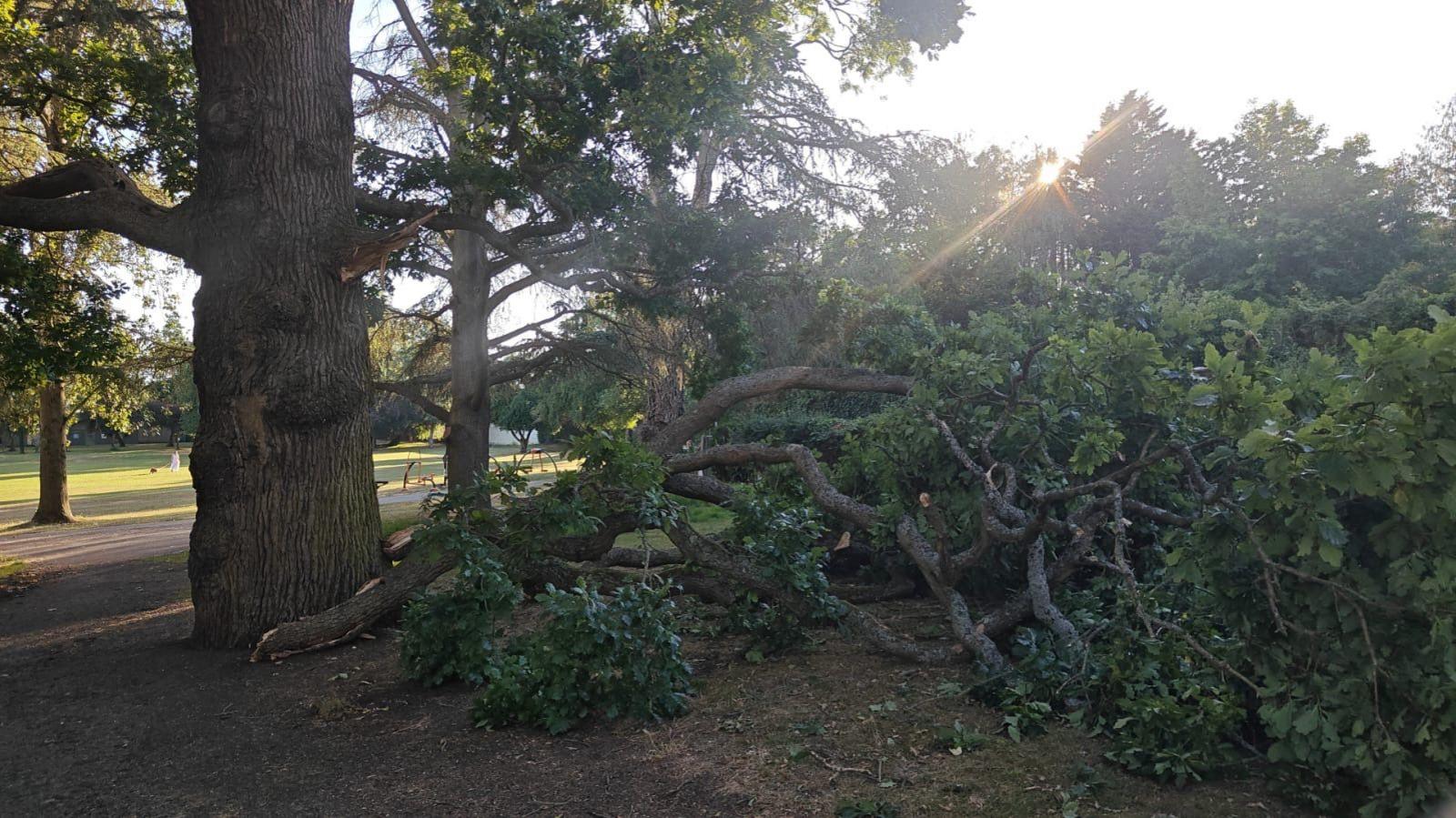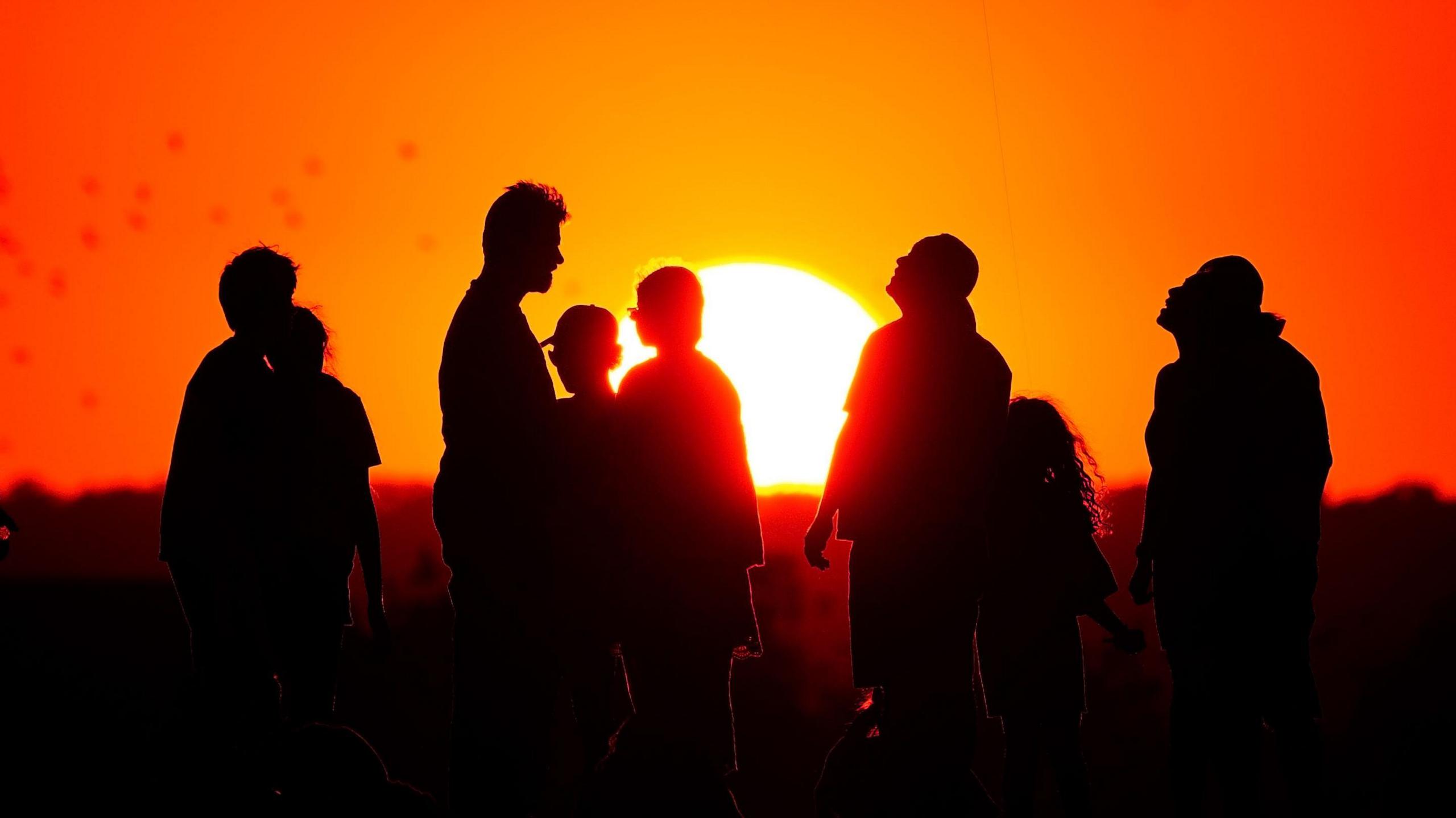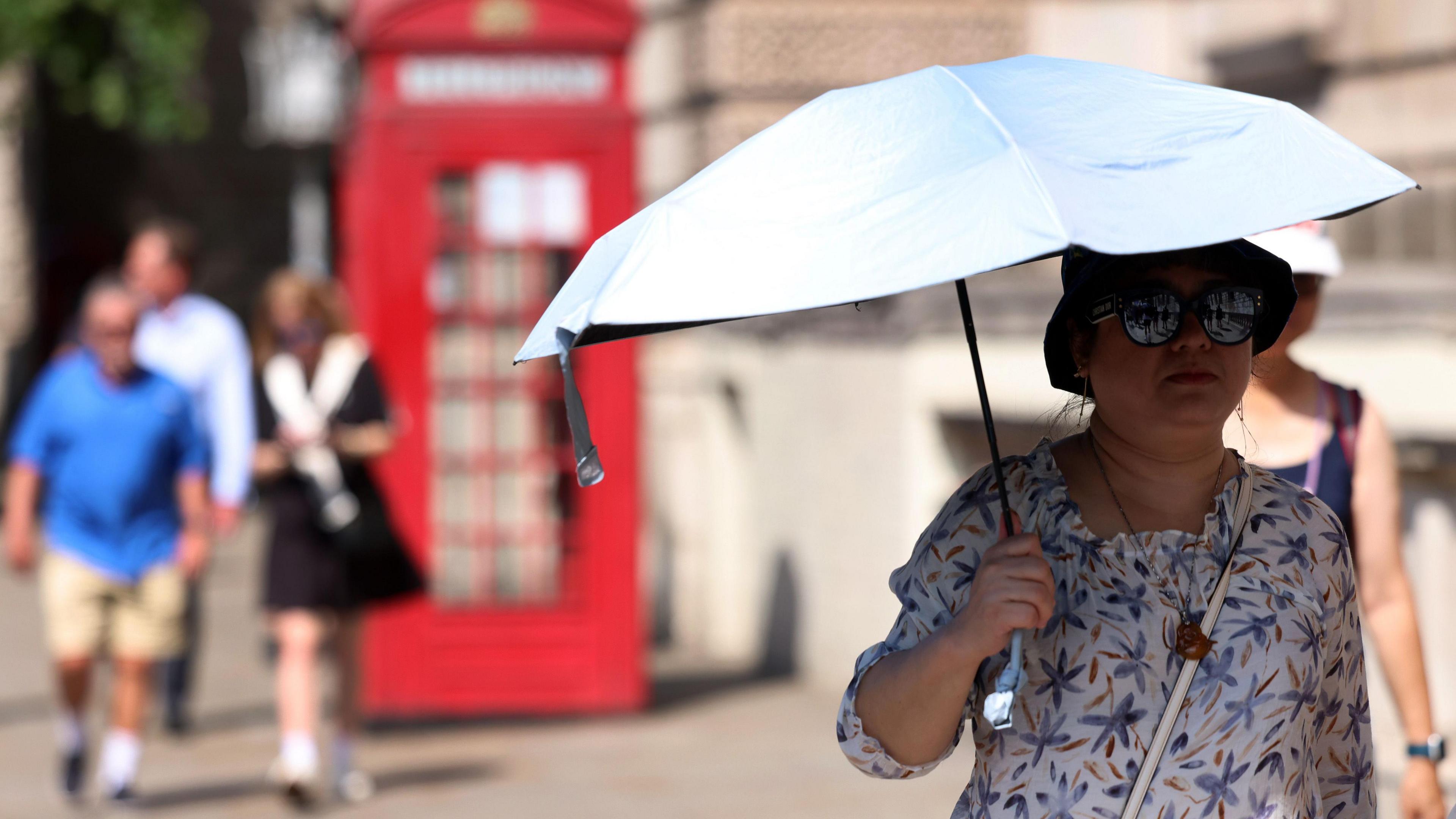Hot dry summer impacting wildlife, experts say
The drought conditions are impacting mammals and insects in the region
- Published
The hot, dry summer has put extra stress on natural environments, a conservation charity said.
Worcestershire Wildlife Trust said the weather conditions have caused trees to shed leaves early to conserve internal water levels and also caused a drop in food sources for ground-level insects.
It said without "good decent rain" younger trees will feel the stress of the dry weather more.
The Met Office said the UK "almost certainly" had its hottest summer on record, according to provisional statistics.
The country as a whole has had 72% of its average summer rainfall so far - which would typically be expected to be at 93% by this point in August.
Staff at Worcestershire Wildlife Trust's Lower Smith Farm in Hindlip said plant species have flowered and set seed sooner than expected and hedgehogs were struggling to feed.
"[Usually] the grass would be thicker and greener which would be great for our lovely small mammals," a spokesman said.
"And with the ground being so hard and rock solid, with cracks in it - how are [hedgehogs] going to be able to feed and then hibernate under the winter?"
They said that increasing the biodiversity of the landscape by creating variability and planting trees of different age structures would help the UK become resilient to drier summers going forward.
Get in touch
Tell us which stories we should cover in Hereford & Worcester
Follow BBC Hereford & Worcester on BBC Sounds, Facebook, external, X, external and Instagram, external.
Related topics
- Published10 July

- Attribution
- Published1 September

- Attribution
- Published24 August
